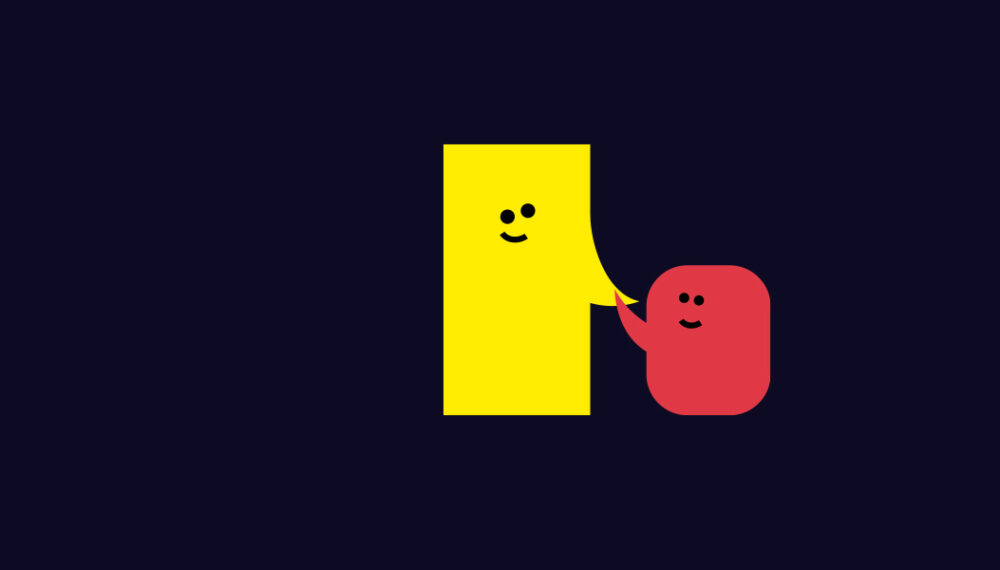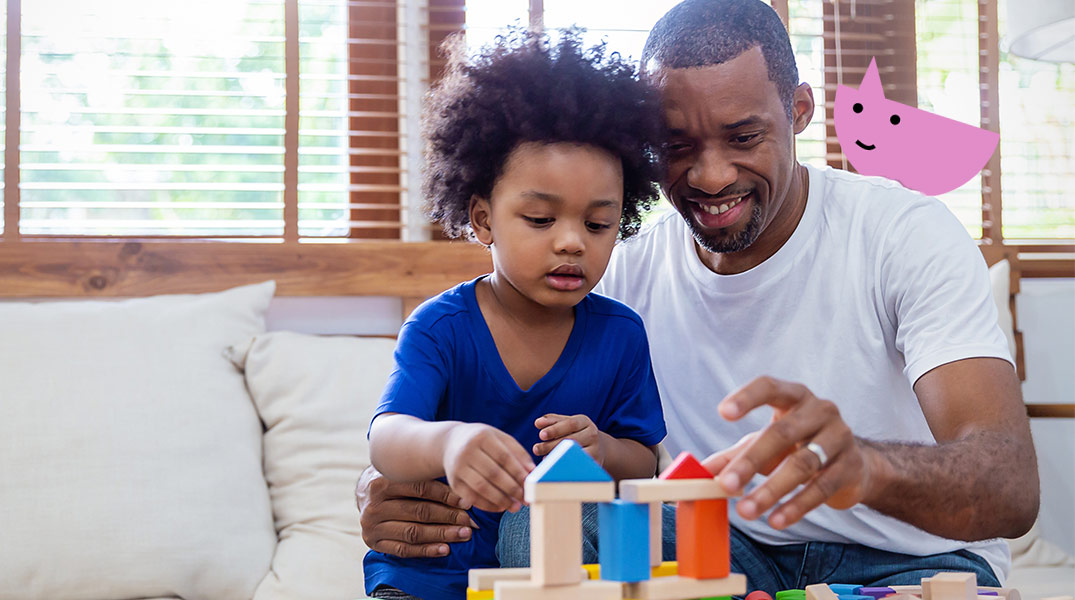Help for families
We give families the confidence and skills to help their children. If you're concerned about your child's speech and language development, we can help.

We know that it can be hard to know where to start if you are worried about your child’s development. If you think your child is having challenges with talking and understanding words, we are here to help you.
Our free resources and services can help with understanding what to look out for, how to get support and even some simple ways you can help your child at home.
-
Signs and symptoms
Learn more about the signs and symptoms children struggling with talking and understanding words may experience.
Read more
-
Ages and stages
Our guide to the typical stages of speech and language development in babies, children and young people.
Read more
-
Resource library for families
Our team of speech and language therapists have written these helpful info pages, based on our most frequently asked questions from families.
Read more
-
Talk to a speech and language therapist
Our speech and language therapists are here to help.
Read more
Share your experience


